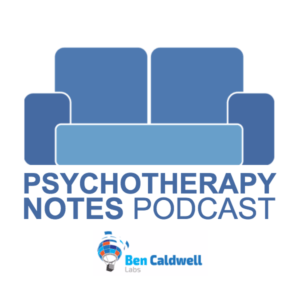 It is essential to the fairness and validity of any testing process that those who take the test are who they say they are, do not attempt to cheat on the test, and do not reveal any information about test content to those who have not yet taken the exam. This is certainly true with license exams, which are considered high-stakes tests because failing can directly impact one’s professional standing and job opportunities.
It is essential to the fairness and validity of any testing process that those who take the test are who they say they are, do not attempt to cheat on the test, and do not reveal any information about test content to those who have not yet taken the exam. This is certainly true with license exams, which are considered high-stakes tests because failing can directly impact one’s professional standing and job opportunities.
Violating exam security or subverting a license exam, one of the forms of unprofessional conduct that can lead to discipline from the Board of Behavioral Sciences, occurs most commonly when someone who has just taken their exam shares its content with others who have not yet taken the exam. “Subverting,” as it is used here, means impacting the integrity of the exam; while sharing content is perhaps the most common way this happens, it certainly is not the only way it could occur.
Read more
 Starting January 1, 2021, there are meaningful changes to the California MFT Clinical Exam, set forth in the new BBS Exam Plan. At Ben Caldwell Labs, we’re adding some video segments to our online prep program to address some new content areas. However, the most notable changes are in the balance of content on the exam.
Starting January 1, 2021, there are meaningful changes to the California MFT Clinical Exam, set forth in the new BBS Exam Plan. At Ben Caldwell Labs, we’re adding some video segments to our online prep program to address some new content areas. However, the most notable changes are in the balance of content on the exam.
 A California MFT Law & Ethics Exam prep course is supposed to give you a good, broad overview of the legal and ethical standards for MFT practice — just like a 12-hour law and ethics CE course should. And if a 12-hour law and ethics CE course is good, it should leave you well-prepared to take the exam. So we made them the same.
A California MFT Law & Ethics Exam prep course is supposed to give you a good, broad overview of the legal and ethical standards for MFT practice — just like a 12-hour law and ethics CE course should. And if a 12-hour law and ethics CE course is good, it should leave you well-prepared to take the exam. So we made them the same. 
 For the opening episode of our podcast, we talked about why
For the opening episode of our podcast, we talked about why